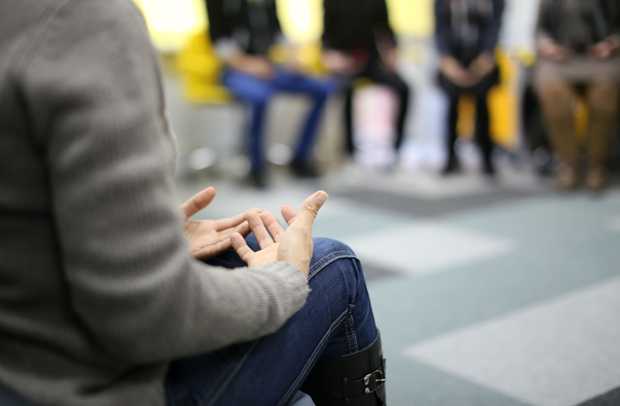
The Most Effective Alternative Treatment Methods for Anxiety, Depression and Addiction
Article Written by Scott Sanders
Recovering from mental health issues related to depression, anxiety, and addiction takes time. In fact, studies show that it is a lifelong process that requires social support, implicit rules for behavior, and affiliation with some sort of recovery program. The programs, however, are broadly defined and can include any number of treatments, from group therapy to holistic practices. The journey for individuals can be vastly different, and it is up to them to find the method that works best. But for most people, it becomes important at some point in their process to include some alternative therapies in their daily lives, even if they don’t in the beginning.
Acupuncture
There are many studies that show acupuncture to be effective for things like appetite control and anxiety. And Katurah Bryant of CT Mental Health Center uses a special type of acupuncture to help with recovery by reinforcing “positive coping skills.” It is usually used in combination with other treatments, including therapy and other alternative methods.
Yoga
Yoga is widely known to help with things like posture and flexibility. But studies also show that it can be a great supplemental recovery treatment because of its effect on depression and anxiety, says Science Direct. And since emotional distress is such a huge relapse trigger, recovering addicts need activities to keep them mindful and centered.
Other Types of Exercise
Yoga can work wonders for stress management, as can running or swimming. Even doing some push-ups or chair dips at home can make a huge difference. Any physical activity that revs up the heart rate will signal your brain to release endorphins to the body, which helps regulate the body in several ways. It helps regulate brain function and alleviate the stress which, if left unchecked, can lead to more serious issues like depression and addiction.
Massage
Massage has been shown to help reduce stress and anxiety, two of the main triggers for addictive behaviors. In addition, massage can help to increase feelings of self-worth and wellbeing, giving people in recovery the strength to resist temptation. Furthermore, massage can promote physical and emotional healing, helping to repair the damage caused by addiction. The therapists at Sense of Balance offer a range of massage services that can release strains, restore balance, and help you relax.
Nutrition Therapy
Good nutrition is the cornerstone of anyone’s health and scientists such as biochemist and author Genita M. Petralli believe that nutritional treatments in conjunction with other therapies can play a major part in restoring healthy brain function. Seeing a nutritionist during recovery is a vital part of getting and staying healthy for years to come. With the availability of online nutrition counseling, it can be easy to find someone who can work around your schedule.
Art Therapy
Still a somewhat experimental type of treatment for addiction recovery, art therapy is being used in many facilities around the world. It works by providing effective self-soothing, boosting self-esteem, and promoting healthy self-expression. According to psychotherapist Dr. George Cave, “Art therapy is all about replacing a negative coping technique with a positive one.” It helps people to focus while alleviating anxiety.
Work as Therapy
Work should be part of any long-term recovery plan. Work does more than provide an income, it gives us accountability, enhances self-esteem and a chance to give back to our communities. If traditional employment isn’t feasible due to flexibility or stress related issues, a home-based “gig job” can be the perfect solution. Finding something you already enjoy doing and letting that work for you can be key to a successful recovery.
When to Avoid Alternative Treatments
Even though alternative methods are a good choice for a lot of people, there are times when they should be avoided, or at least only used to supplement traditional treatment. For example, if you have been court-ordered by a judge to seek treatment as part of a judgment, there will be stipulations on what type of treatment you are required to receive. Most courts do not recognize alternative methods as valid options for recovery at this level. It is also important that if you have never undergone traditional counseling or support for your addiction that you do that first. Without the structure and support that traditional treatment methods offer, it is not likely that you will immediately have the self-discipline to continue your recovery.
No one will ever tell you that recovering from depression, anxiety, or addiction is easy. It can sometimes be a very long and difficult road, and most feel they are fighting to control these urges their entire lives. But with effective therapies and the support of people who love you, you can learn the techniques that make it manageable. The thing to remember is that there are dozens of traditional and alternative treatment methods for people in your situation, and most people find it helpful to combine more than one. If you find you are struggling more than you think you should, talk to your therapist about adding an additional method that might work for you.